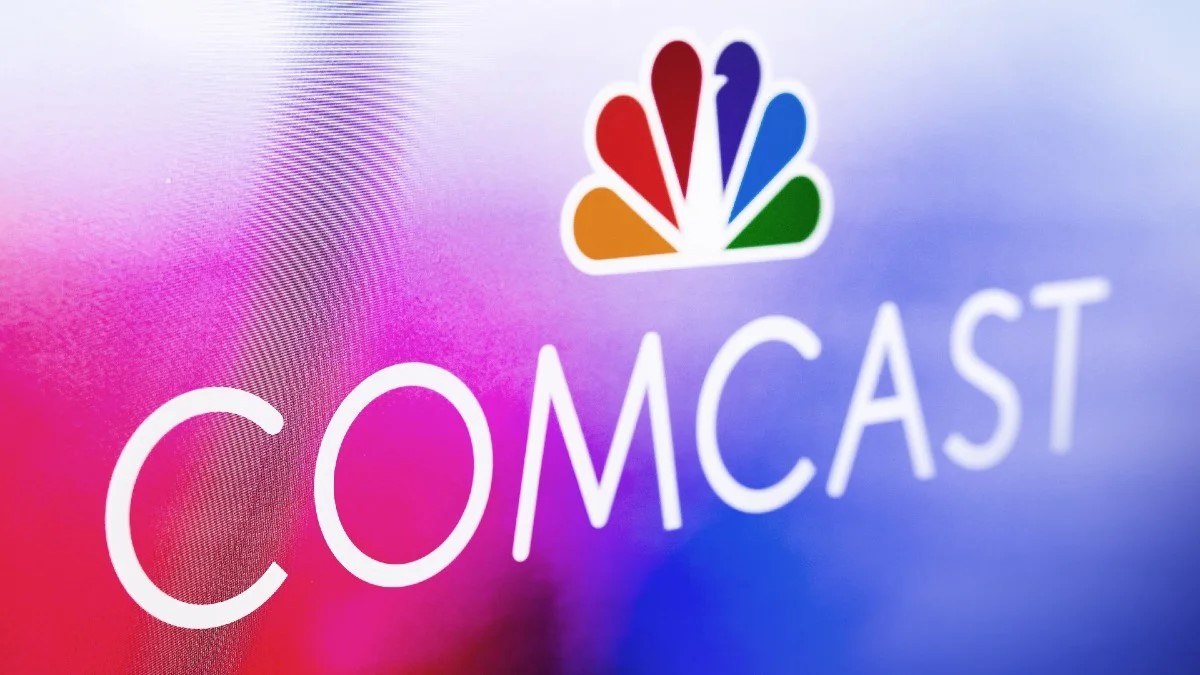New York — In a move that underscores the shifting tides of the media industry, Comcast Corporation has revealed plans to spin off a substantial portion of its cable network portfolio, creating a new publicly traded company that will include MSNBC, CNBC, and several other high-profile channels. The announcement, expected to be made official on Wednesday, reflects Comcast’s effort to streamline its operations and adapt to the rapid transformation of audience preferences in the streaming era.
The spin-off will involve an array of Comcast’s cable brands, including USA Network, Syfy, E!, Oxygen, and the Golf Channel. These networks, known for their established presence in American households, will now operate under an independent management team. Mark Lazarus, a seasoned executive and current chairman of NBCUniversal Media Group, will lead the new company as CEO. This leadership appointment is seen as a strategic move to ensure that the spin-off benefits from experienced guidance as it embarks on its independent journey.
Comcast will retain several cornerstone assets, including the NBC broadcast network, Peacock streaming service, Bravo, NBC Sports, and Universal theme parks. This retention reflects the company’s strategy to focus on high-growth areas while creating a more agile entity for its cable operations.
The decision to spin off MSNBC and CNBC, in particular, marks a pivotal moment for NBCUniversal’s news operations. Historically integrated into the broader news ecosystem of NBC News, these channels have been significant contributors to Comcast’s profitability. Their separation raises important questions about how NBCUniversal intends to maintain cohesion within its news division. Comcast executives are expected to outline their vision for this new operational dynamic during Wednesday’s announcement.
The move follows recent remarks from Comcast president Mike Cavanaugh, who alluded to such a possibility during a quarterly investor call in October. At the time, Cavanaugh suggested that the company was evaluating whether its cable network portfolio could benefit from being structured as a standalone entity. The subsequent acceleration of these plans signals Comcast’s commitment to making bold changes in response to the challenges and opportunities posed by the evolving media environment.
Analysts have noted that the spin-off is likely to create new opportunities for the cable networks to reposition themselves in an industry increasingly dominated by streaming giants. By operating as an independent company, the cable networks may have greater flexibility to pursue acquisitions, expand their reach, and develop innovative strategies to engage viewers. Conversely, the new entity could also attract interest from potential buyers, making it a player in the ongoing wave of media consolidation.
Craig Moffett, a leading analyst with MoffettNathanson, has emphasized the importance of this move, calling it a step that aligns with long-standing investor expectations. According to Moffett, the spin-off represents a rare opportunity for Comcast to unlock the value of its cable networks while allowing its core operations to focus on high-priority growth areas.
Comcast’s decision reflects a growing recognition among legacy media companies of the need to evolve. As the media landscape continues to fragment, the creation of this new cable network company demonstrates Comcast’s willingness to embrace change and redefine its role in the modern entertainment ecosystem.








